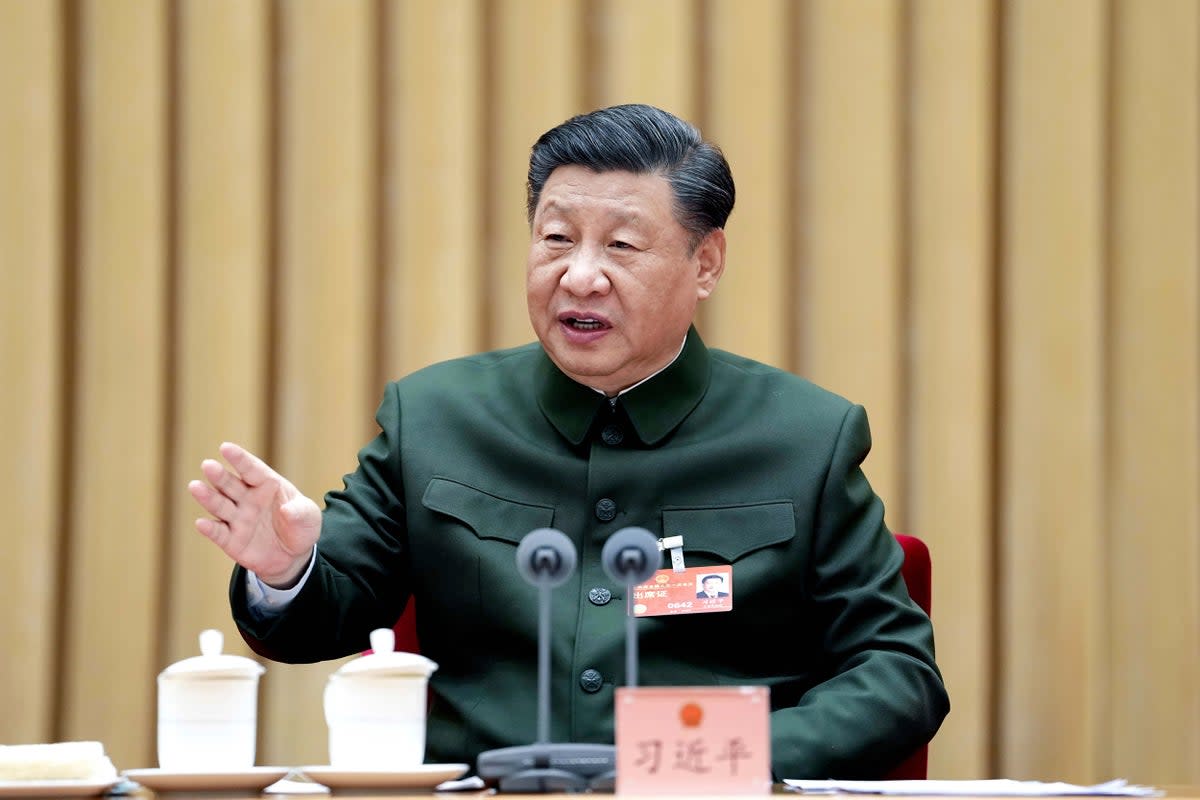China sentences 78-year-old US citizen to life in prison on spying charges

China sentenced a 78-year-old US citizen to life imprisonment on Monday after he was convicted of spying charges.
John Shing-wan Leung, a permanent resident of Hong Kong who also held an American passport, was found guilty of espionage in China and “sentenced to life imprisonment, deprived of political rights for life”.
Leung was arrested on 15 April 2021 by the National Security Bureau, China’s counterintelligence agency, in the southeastern city of Suzhou.
Two years after his arrest, the senior US citizen was issued a fine of $72,000 apart from getting the life sentence by the Intermediate People’s Court in Suzhou.
The court also revealed the US passport number of Leung and his Hong Kong ID. No further details were released to the public.
This comes as China updated its anti-espionage legislation last month in what observers have said could pose legal risks for foreign firms and individuals operating in the country amid growing tensions between the West and Beijing.
The state-sponsored Xinhua news agency reported that the revised law – which will come into effect in July – expands the definition of espionage to ban the transfer of any information related to national security, including cyberattacks against state organs or critical information infrastructure.
China also detained an employee of Japanese pharmaceutical company Astellas Pharma earlier in March on suspicion of spying. Japan’s government has demanded his release and an explanation.
In April, it was reported that a veteran Chinese journalist who worked at a ruling Communist Party-affiliated newspaper was facing espionage charges after being detained while meeting with a Japanese diplomat at a restaurant.
Dong Yuyu, deputy head of the editorial department at Guangming Daily, regularly met with foreign journalists and diplomats to help understand global trends. But Chinese authorities regarded his contacts with foreign diplomats as evidence of spying, according to a family statement.

